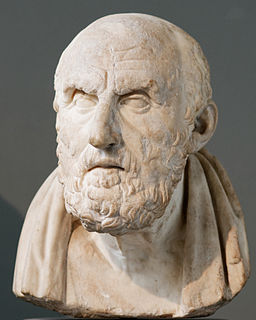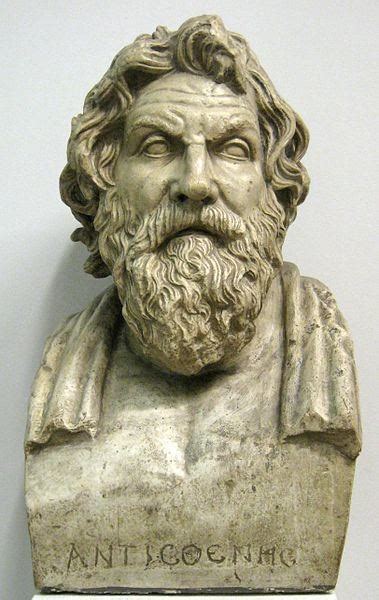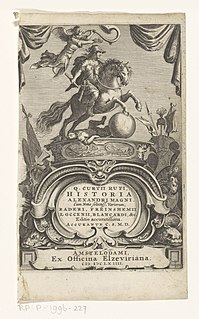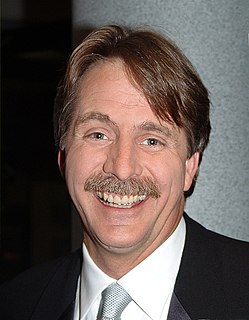A Quote by Chrysippus
Fate is a sempiternal and unchangeable series and chain of things, rolling and unraveling itself through eternal sequences of cause and effect, of which it is composed and compounded.
Related Quotes
It is in the very nature of a beginning to carry with itself a measure of complete arbitrariness. Not only is it not bound into a reliable chain of cause and effect, a chain in which each effect immediately turns into the cause for future developments, the beginning has, as it were, nothing whatever to hold on to; it is as though it came out of nowhere in either time or space.
There is in fact a true law namely right reason, which is in accordance with nature, applies to all men and is unchangeable and eternal. ... It will not lay down one rule at Rome and another at Athens, nor will it be one rule today and another tomorrow. But there will be one law eternal and unchangeable binding all times and upon all peoples.
If we define a miracle as an effect of which the cause is unknown to us, then we make our ignorance the source of miracles! And the universe itself would be a standing miracle. A miracle might be perhaps defined more exactly as an effect which is not the consequence or effect of any known laws of nature.
If you start parsing the cause-and-effect chain backward through time, eventually you land in cosmology - does the story begin with the Big Bang or the out-of-nothing creation of the world by the word of a Southern Baptist god? And that question is even more fraught than any of the others. The stakes couldn't be any higher, because not it's not just a question of life and death, but also a question of life after death or eternal torture after death.
Wonder [admiratio astonishment, marvel] is a kind of desire for knowledge. The situation arises when one sees an effect and does not know its cause, or when the cause of the particular effect is one that exceeds his power of understanding. Hence, wonder is a cause of pleasure insofar as there is annexed the hope of attaining understanding of that which one wants to know. ... For desire is especially aroused by the awareness of ignorance, and consequently a man takes the greatest pleasure in those things which he discovers for himself or learns from the ground up.







































